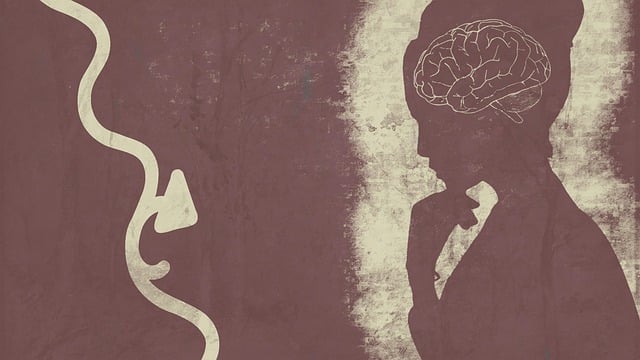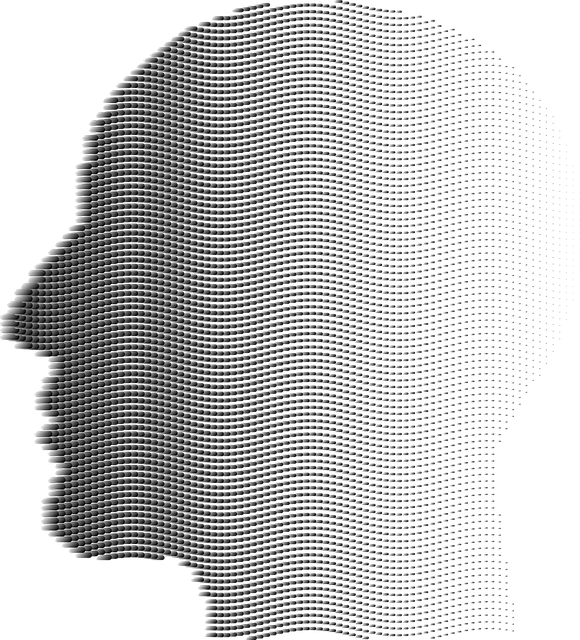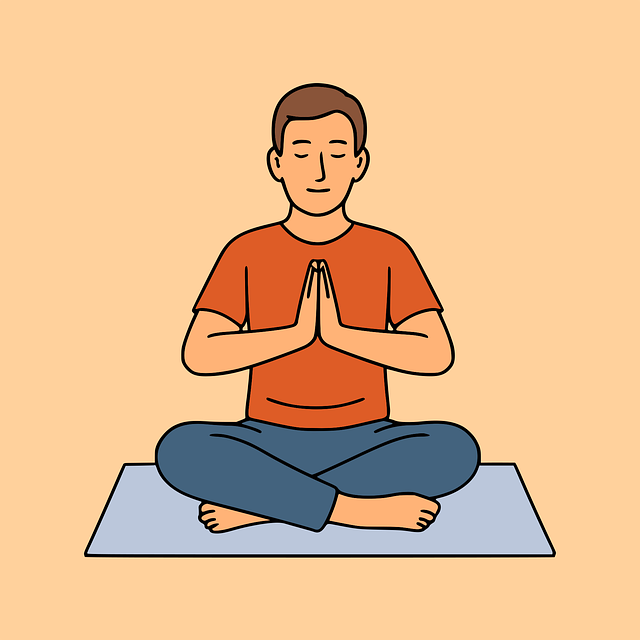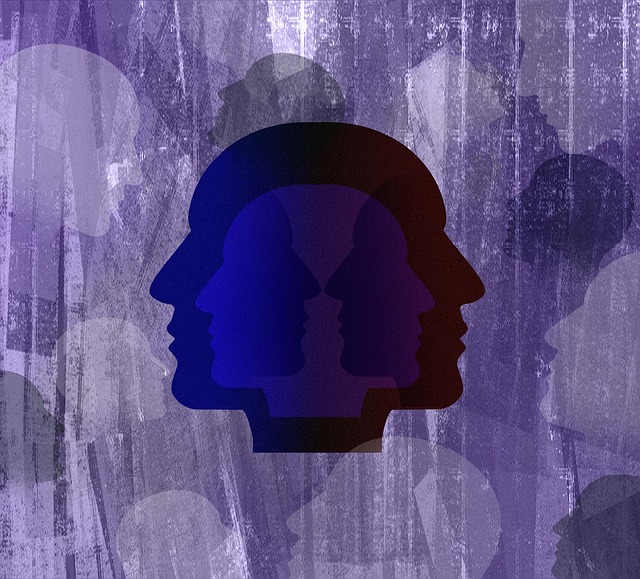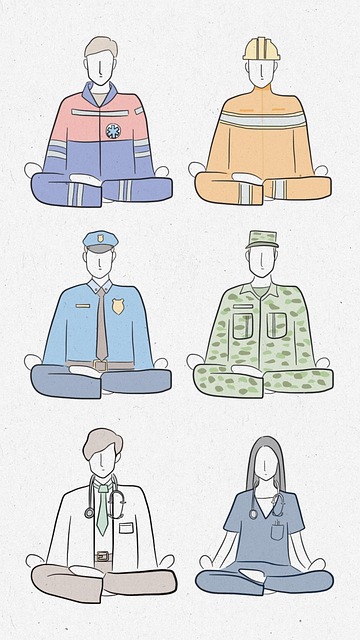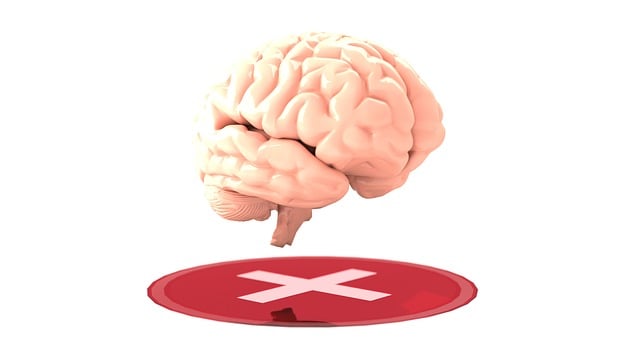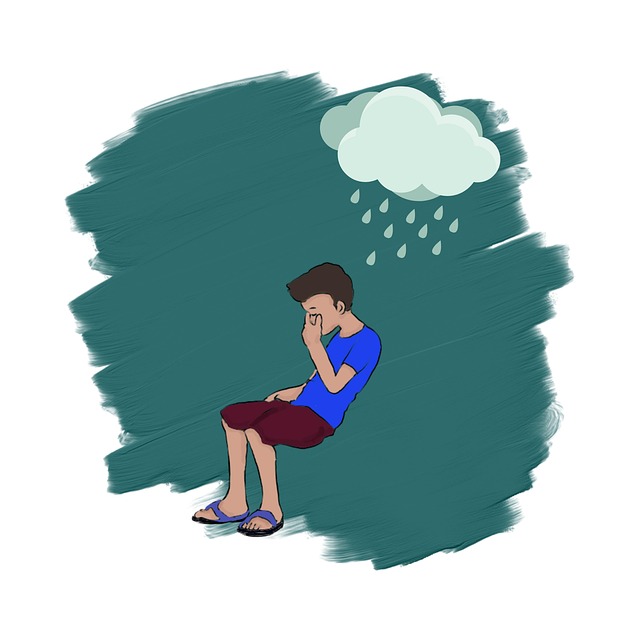Mental wellness group facilitation tailored for individuals with Aurora Autism Spectrum Disorder (ASD) creates safe, supportive environments through open communication, mindfulness, and cultural competency. Using visual aids, simple language, and inclusive activities, facilitators empower participants to connect, share experiences, and advance their mental wellness journeys. This holistic approach, aligned with a structured yet adaptable agenda, strengthens therapeutic bonds and fosters positive outcomes in ASD therapy.
Mental wellness group facilitation plays a pivotal role in fostering community and support, especially for individuals with conditions like Aurora Autism Spectrum Disorder (ASD). This article explores effective techniques for facilitating groups tailored to ASD therapy. We delve into strategies for creating an inclusive, engaging environment, addressing unique challenges, and enhancing overall mental wellness. By understanding the nuances of group dynamics and tailoring approaches, facilitators can revolutionize support networks for those on the spectrum.
- Understanding Mental Wellness Group Facilitation
- Techniques for Facilitating Groups with Aurora Autism Spectrum Disorder (ASD) Therapy
- Creating a Supportive and Engaging Environment for All Participants
Understanding Mental Wellness Group Facilitation

Mental wellness group facilitation is a specialized skill set that plays a pivotal role in supporting individuals navigating various mental health challenges. It involves creating a safe and supportive environment where peers can connect, share experiences, and learn from one another. This approach is particularly beneficial for those with conditions like Aurora Autism Spectrum Disorder (ASD), offering a unique opportunity for social interaction and emotional growth.
Effective group facilitation goes beyond merely moderating discussions. It includes fostering open communication, cultivating empathy through mindfulness meditation and compassion cultivation practices, and ensuring cultural competency among healthcare providers. By integrating these techniques, facilitators create an inclusive space where participants feel valued, heard, and empowered to manage their mental wellness journeys collaboratively.
Techniques for Facilitating Groups with Aurora Autism Spectrum Disorder (ASD) Therapy

Facilitating groups for individuals with Aurora Autism Spectrum Disorder (ASD) requires tailored strategies to create a safe and supportive environment. These sessions aim to enhance social skills, improve communication, and foster a sense of belonging. One effective technique is incorporating structured activities that promote interactive learning. By designing Mental Health Education Programs that focus on specific topics relevant to ASD, facilitators can guide group members through various exercises, encouraging peer-to-peer support and knowledge sharing.
Incorporating Communication Strategies is another vital aspect. Facilitators should model clear and concise communication, using visual aids and simple language to ensure understanding. Encouraging non-verbal forms of expression, such as sign language or picture cards, can further enhance participation. The goal is to create an inclusive space where every individual feels heard, respected, and empowered, thereby fostering their mental wellness journey.
Creating a Supportive and Engaging Environment for All Participants

Creating a supportive and engaging environment is paramount when facilitating mental wellness groups, especially for individuals with Aurora Autism Spectrum Disorder (ASD). The space should encourage open communication, fostering trust among participants to share their experiences and insights freely. Incorporating interactive activities tailored to diverse learning styles can enhance engagement. For instance, using visual aids, storytelling, or even music can help convey information effectively while keeping the session dynamic and enjoyable.
A well-structured yet adaptable agenda ensures every participant feels valued and included. Facilitators should be attuned to individual needs, offering breaks for those who require them and providing additional resources for deeper exploration. This inclusive approach not only enhances learning but also strengthens the therapeutic bond among group members, reflecting a holistic Mental Health Policy Analysis and Advocacy that considers the unique needs of each person. The goal is to create an environment where everyone feels safe to express themselves, ultimately facilitating meaningful connections and positive mental wellness outcomes.
Mental wellness group facilitation is a powerful tool, especially in tailoring support for individuals with Aurora Autism Spectrum Disorder (ASD) through specialized techniques. By creating an engaging and supportive environment, facilitators can foster meaningful connections and enhance the overall well-being of all participants. These strategies ensure that every member feels included and valued, ultimately promoting positive outcomes for mental health and social interaction. Incorporating these techniques can revolutionize group therapy sessions, making them accessible and beneficial to diverse communities.

